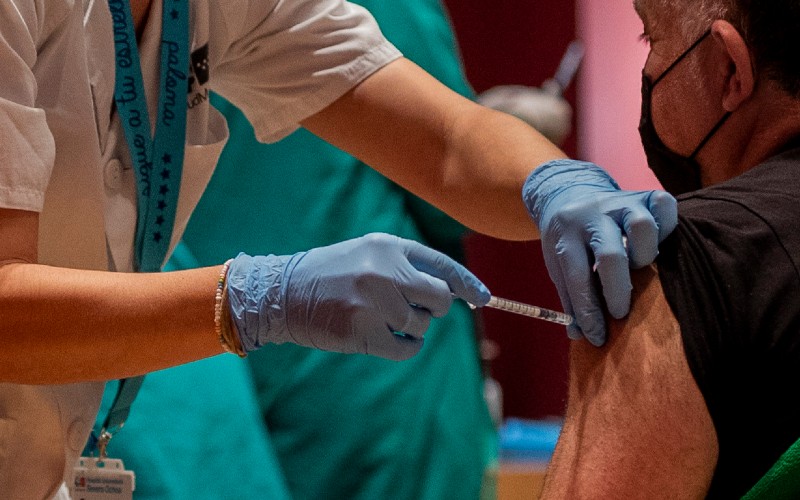For starters, psychiatrist Dr. Sam Thielman says Post-Traumatic Stress Disorder is real. It also unique, he says, because it is the only diagnosis in which external factors caused it.
“So there has to be a traumatic event that has occurred,” he explains, “and then a lot of times, there's trouble with not being able to forget what happened.”
That leads to a memory that is upsetting, and what follows could be a panic attack with rapid heartbeat and shortness of breath, or even a feeling of impending death.
Heart-breaking cases of PTSD are common among military veterans who have experienced combat, and cases are also common in high-stress professions such as law enforcement and ambulance crews.
Dr. Thielman, who directed mental health services at the U.S. State Department, currently assists patients at Biltmore Medical Associates in Asheville, North Carolina.
 Regarding the psychology of PTSD, Dr. Thielman says people are often confronted with their view of the world, especially when that worldview is a positive one that conflicts with a tragic event. That affects Christian believers, too, he says.
Regarding the psychology of PTSD, Dr. Thielman says people are often confronted with their view of the world, especially when that worldview is a positive one that conflicts with a tragic event. That affects Christian believers, too, he says.
“They may have felt God is in control, nothing bad will happen to me, and then if something happens, they don't have a good way to process that,” he explains. “So then that shakes their faith, especially if it's sort of an immature faith that doesn't take into account suffering and how that's part of the human condition, and how God is with us when we're suffering. But He doesn't promise us to be free of suffering.”
Dr. Thielman says there is no particular medication used for PTSD, but there are treatments and support groups that can help.






